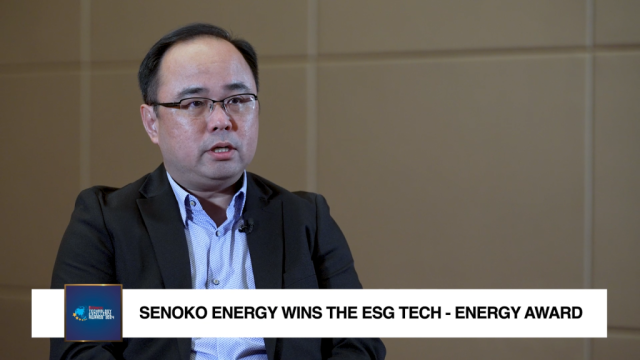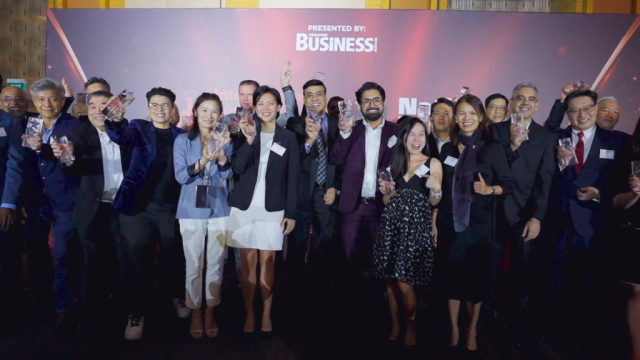Asia moves towards the third place
By Filippo SartiThe office worker of 2012 is straddling two different time zones. On the one hand, 21 st century technology lets them work anywhere. On the other, 20th-century work habits mean they are still expected in “the office”.
Workers are feeling the stretch. Thus, in a recent survey, 89% said the option to work remotely is one of the three main job perks. Almost a third would take a reduction in paid vacation, and a quarter a pay cut, in order to work remotely.1
The rise of the third place
Working at home is not necessarily the answer, though. Of those who do work at home, 43% say they watch TV or movies, 20% play video games, 26% take a nap.2 Sounds like the ideal work-life balance? Apparently not: another study shows that only 12% of people want to work at home all the time.3 There are too many distractions, not enough facilities, and they miss the professional atmosphere of an office.
So, the trend sweeping Europe is working in a ‘third place’. Instead of working at the office (the ‘first place’) or home (the ‘second place’), people are taking laptop, tablet, and/or smartphone to libraries, business lounges, business centres, co-working hubs and coffee shops.
There’s no single, definitive ‘third place’ to work; people opt for the place that best suits their location, working style and schedule.
The trend for third place working goes hand in hand with the spread of more flexible work practices, such as giving people choice over where and when they work. 72% of businesses globally say this leads directly to greater productivity. 4
A third space is coming near you
Third place is not new. We all know about co-working, but it’s become branded as something for the urban creatives, the tech guys. That image is misleading, because it obscures the tens of millions of other people in the US who already work at third spaces – checking emails at a coffee shop, working in their parked-up car, and so on. They just don’t think of it as a ‘third space’.
And they would probably benefit from a more work-conducive third space – professional workspaces instead of stressing out in a noisy coffee shop or their car.
Unusually, Europe is setting the pace on this. Across Europe, flexible workspaces are opening closer to or actually at the places where people live and travel.
Time better spent
Those new networks of third places mean that, instead of being forced to travel to an office tower that happened to be convenient in the 1980s, people can access equivalent facilities – wifi, meeting space, printers, and the networking opportunities that coalesce around them – at a place nearer where they want to be. It could be close to home, customers, or near shops and leisure facilities.
Technology is the enabler for third space working. Time is the driver. Latest census results in the US show the average commute in the US is now over 25 minutes. In parts of New York, New Jersey, Washington DC, Baltimore, Chicago, Atlanta, California and Virginia, it is 30 minutes or more.5
The 200-plus hours that many people spend travelling to and from the office each year is more than many of them spend on vacation. You have to really love your car or commuter train to think that’s the right balance.
Luxury or office must-have?
So, what’s in all this for employers? Isn’t third space working a luxury that benefits people, not businesses? Many employers remain skeptical – despite the fact it can reduce real-estate costs – because they want their staff right in front of them, away from the lure of TV, household chores and video games.
But giving employees more freedom to choose where they work can improve wellbeing, employee engagement, and performance. The fact that 72% of firms relate productivity to flexible working is evidence of that.6
Rigid, office-bound working practices hold corporations back from boosting productivity. Employees are already yearning to loosen their ties with the fixed office; with the help of third spaces, employers should let them cut the knot.
References:
1‘’New survey reveals overwhelming demand for virtual collaboration’, Wrike.com, 21 March 2012.
2‘Snack, laundry, lunch, clean, snack’ Slate, 26 June 2012.
3 ‘VWork”, Regus, May 2011.
4 ‘Flexibility Drives Profitability’, Regus, February 2012.

























 Advertise
Advertise










